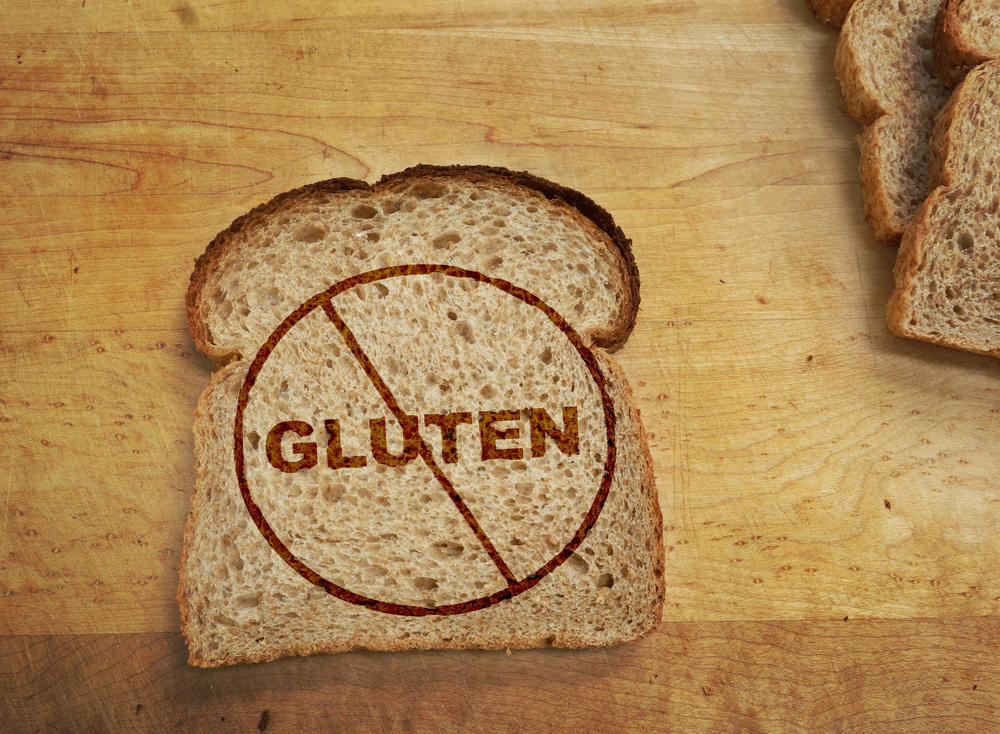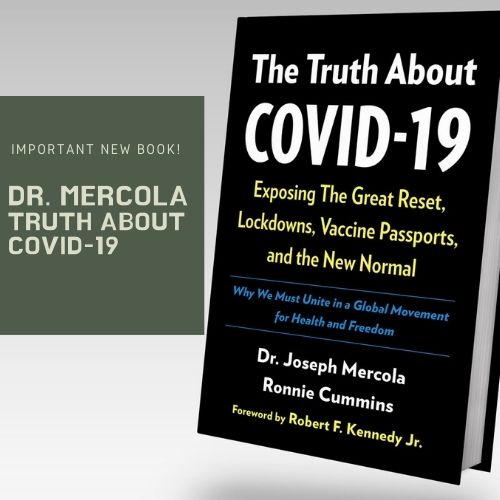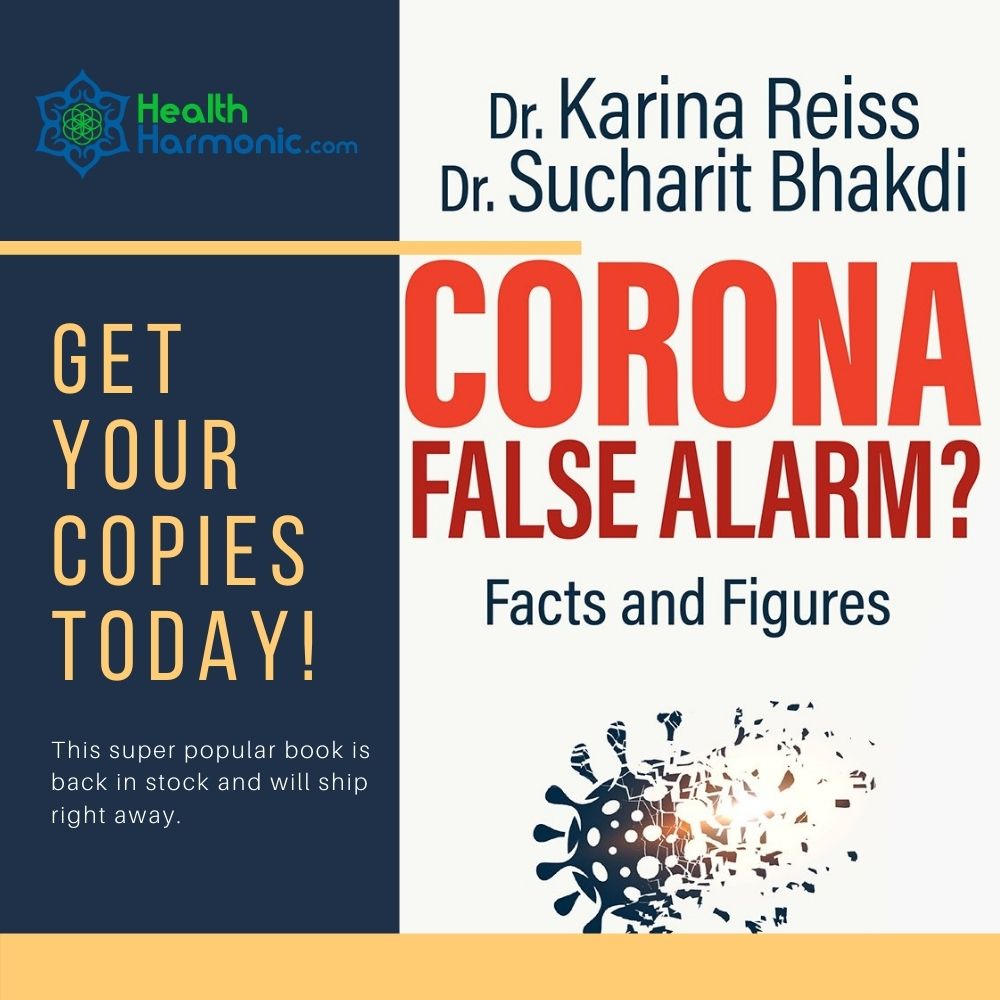
A gluten-free diet doesn't just improve a person's overall digestive health, it may also resolve a number of health problems.

Several studies show that going grain free promotes weight loss, reduces the risk of endometriosis while improving heart health. Making better diet choices could also boost mental health and prevent thyroid problems.
Although a grain-free diet is not for everyone, there are so many gluten-free subs for common grains.
Is a grain-free diet right for you?
There are a number of healthy diet options these days. Depending on your goals, convictions, and conditions or disease risk, you should have no problem (with some research legwork) figuring out what is best for your needs.
One popular option, particularly for those with celiac disease, gluten intolerance or autoimmune conditions, is a grain-free diet.
Taking a step beyond gluten-free eating, those on a grain-free diet usually seek to resolve various health problems.
Take Dr. Kellyann Petrucci, for example: This naturopathic doctor went gluten-free after a personal trainer suggested it and found that it helped her with a number of issues, including stubborn fat and endometriosis.
That wasn’t the whole story, though, because she later realized that the starchy gluten alternatives she loaded up on were doing nothing positive for her. She then dove in to a grain-free diet and found it helped repair her gut and made her the healthiest she’d ever been. (1)
While going totally grain-free is not for everyone, it might be worth a try if you find yourself struggling with issues like poor digestion or autoimmune diseases.
What Is a Grain-Free Diet?
Eating grain-free involves eliminating not only wheat products containing gluten, but also any gluten-free grains, such as rice, corn, oats and barley. On a grain-free diet, the not-technically-grain products of quinoa, amaranth and buckwheat are allowed in small quantities.
Unlike the ketogenic diet, which restricts carbohydrates, a grain-free diet is not a low-carb option. Complex carbohydrates in potatoes, sweet potatoes, carrots and pumpkins are encouraged in moderation.
The grain-free diet does not restrict meat or fish products, eggs, legumes/beans, seeds, nuts, sugar, or dairy, although most proponents of the diet encourage you to pay attention to your body’s biofeedback and eliminate any additional types of food that cause you to have undesirable health consequences.
In many ways, a grain-free diet is similar to other common gluten-avoiding and/or digestive support diets, such as the GAPS diet, alkaline diet, wheat belly diet or Paleo diet plan.
Unlike many of these other diets, a totally grain-free diet has not been studied extensively by researchers. However, a lot of anecdotal evidence (and some studies) supports the assumption that some people may benefit greatly from eliminating grains from their regular eating.
After all, 10 of the top 25 foods Americans consume for the largest percentage of their calories are grain foods — not just any grains, but the worst kinds of processed, refined flours soaked with sugar. The No. 1 slot belongs to grain-based desserts, with yeast breads ranking No. 2. (2)
Like for Dr. Petrucci, many people who have non-celiac gluten sensitivity may also do well on a grain-free diet and find even more of their food sensitivities diminish. (3)
Image courtesy of: Dr Sadlon







I have heard and read several articles about being gluten free because gluten can cause a lot of diseases that are hard to detect at first unless it's already severe. Lots of people says they are getting better since they have started eliminating gluten from their diet.
Important points in this article that we should be aware about going to grain free diet . This would surely be a huge help. Thanks for sharing this one out.